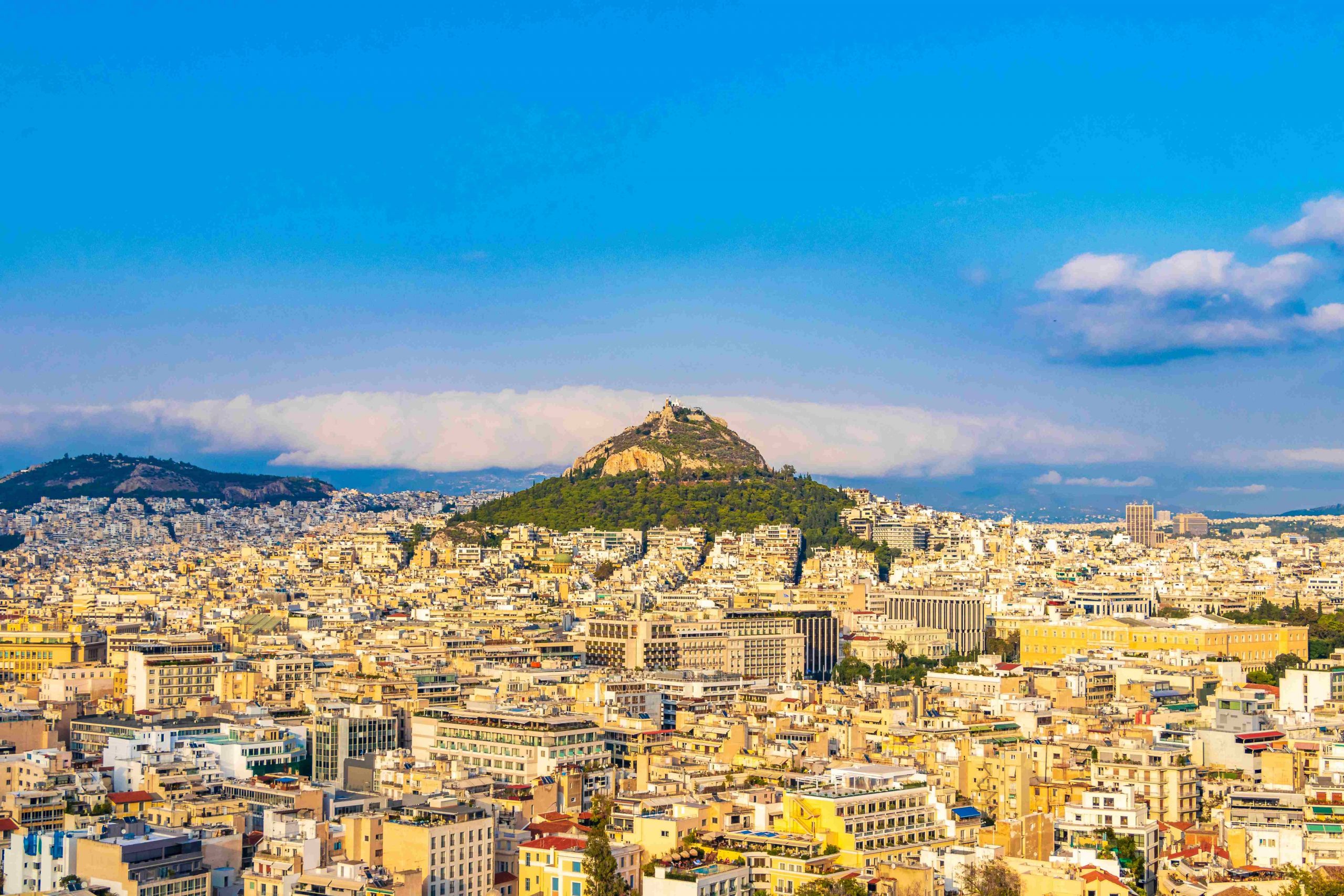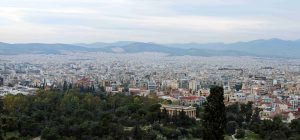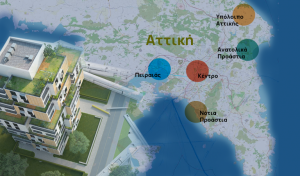Over the last few years, Athens is experiencing a growing shortage of long-term living spaces as a result of two things: Greece’s popular golden visa program which has seen hundreds of foreign buyers picking up properties for lucrative Airbnb use and the onslaught of international hospitality groups which are opening dozens of new hotels.
This is leading to the touristisification of Greece’s urban centers, popular islands, and villages. A study published last year by architect and urban planner Olga Balaoura on behalf of the Hellenic Confederation of Professionals, Craftsmen, and Merchants (GSEVEE) found that the gentrification of Athens over the last few years is changing the urban fabric leaving behind local residents and businesses.
In attempt to address the growing housing problem, Greek Economy and Finance Minister Kostis Hatzidakis announced changes to the golden visa program, including a second increase to the threshold in the last 12 months and a ban on renting purchased properties as Airbnbs.
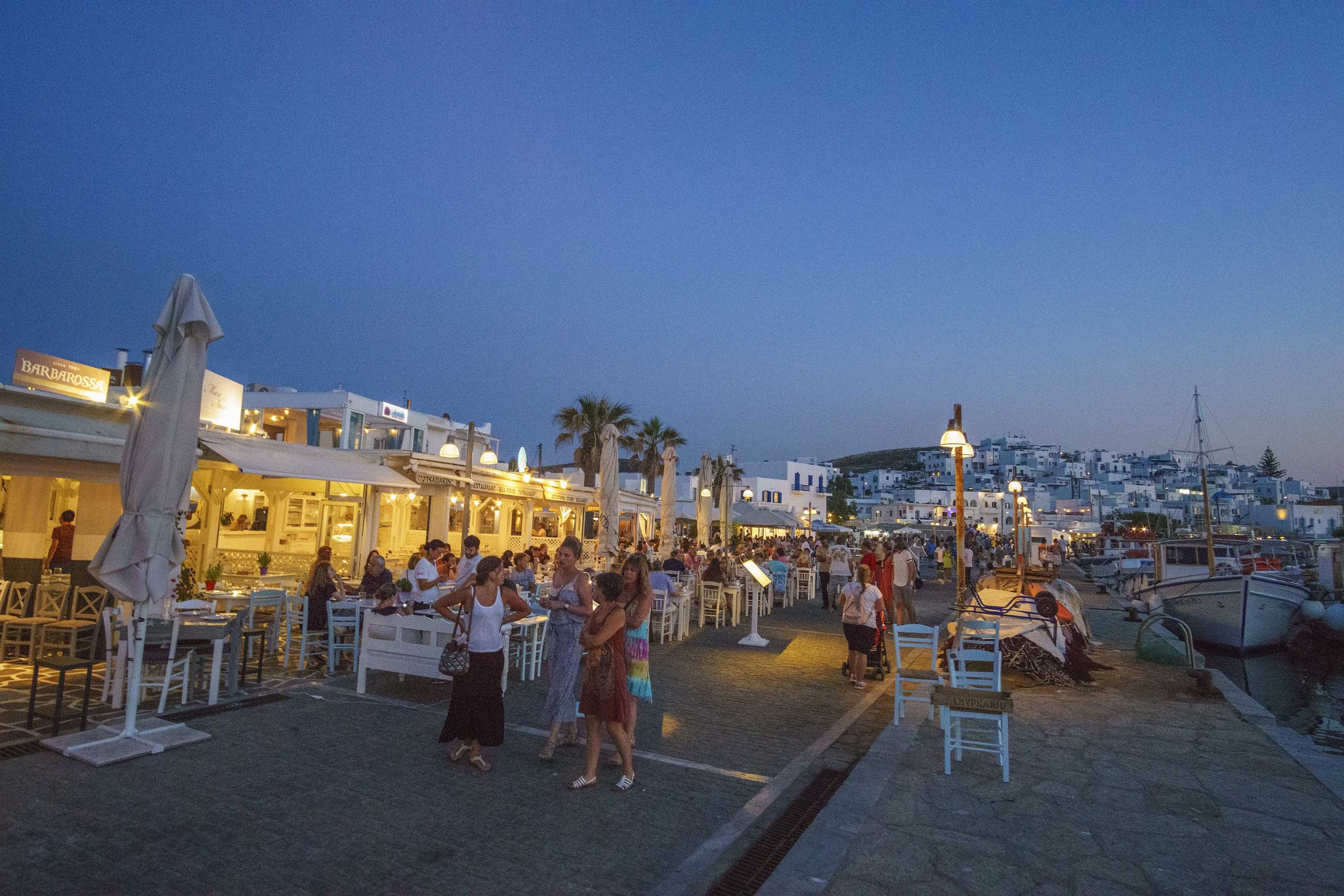
Touristification of Greece’s Urban Centers
Greece’s now popular golden visa scheme, which was initially aimed at boosting the ailing economy, opened the door to buyers who were able for 250,000 euros to purchase devalued properties in the center of Athens and convert these to short-term rentals tapping into growing tourist demand for the Greek capital which according to the Greek Tourism Confederation is set to increase by 29% by 2030 compared to 2019. As a result, long-term rents and property prices surged going way beyond Greeks’ buying power.
This new reality, the study found, is creating a serious housing problem forcing residents and businesses out of Athens and paving the way for hundreds of tourism- and leisure-centered projects facilitated by ‘investor-friendly’ government policies. This market boom is reflected in a GBR Consulting study which found that 71 new hotels had opened in the center of Athens between 2017 and 2022.
At the same time, thousands of properties in Athenian neighborhoods have become Airbnb-style rentals leased either by Greeks seeking to make a living particularly after the country’s debt crisis broke out or by foreigners who are entering the market through the golden visa program.
In her study, Balaoura argues that the new reality is creating social and spatial inequality. “The monoculture of tourism and leisure in large parts of former traditional commercial areas and in neighborhoods where small business activity predominates alongside housing, are signs of urban restructuring, resulting in the direct or indirect displacement of residents, users and uses.”
Greece Changes Golden Visa Rules Again
Launched in 2013, the Greek golden visa program awards five-year residency rights to non-EU citizens – including spouse and children under 21 – who buy property in Greece. At the same time, in addition to citizenship, holders acquire immediate visa-free access to the EU’s Schengen Zone.
The aim of the scheme was to stimulate real estate investment and the Greek economy particularly after the 2010 debt crisis. It was also seen as a chance to develop other regions and create new jobs.
Greece’s golden visa program, one of Europe’s last residency by investment plans, has generated approximately 4.3 billion euros for the Greek state between 2021 and 2023. Earlier this year, global wealth advisory firm Henley & Partners named the plan as the world’s second best following Portugal’s.
The Greek golden visa can be renewed every five years and offers eligibility for citizenship after seven years of residency. As of March 31, renewal can only be awarded if property remains in the ownership of the applicant. Residency rights no longer apply to those who have sold properties purchased under the scheme.
Buyers from China, Russia, and Turkey are the first to buy in Greece through the program.

New Greek Investor Visa Requirements
According to the latest amendments presented by Hatzidakis, the investment limits for properties purchased in Greece by third country nationals will depend on property location and population.
The following changes are set to go into effect on March 31, 2024 with a grace period for current purchases through to Aug. 30.
- the threshold for real estate investments in Attica – Athens, Thessaloniki, Mykonos, Santorini, and on Greek islands with a population of over 3,100 increases to 800,000 euros
- the limit for property purchases in all other areas in Greece is set at 400,000 euros
- properties purchased will have to be larger that 120m2 and cannot be leased out as short-term (Airbnb-style) rentals
- as an incentive to buyers or owners to restore heritage properties or historic buildings, which is also a requirement, the golden visa limit is set at 250,000 euros
- the investment limit for industrial buildings to be converted into apartments is set at 250,000 euros
- investors will be able to lease out their properties long-term but not as Airbnbs
- a property converted into a home cannot be used for business operations. Those in violation, will have their residence permit revoked and face a 50,000-euro fine
- residence rights are also granted to those entering a long-term complex tourist accommodation contract or a tourist accommodation timeshare contract with the same threshold rules mentioned above.
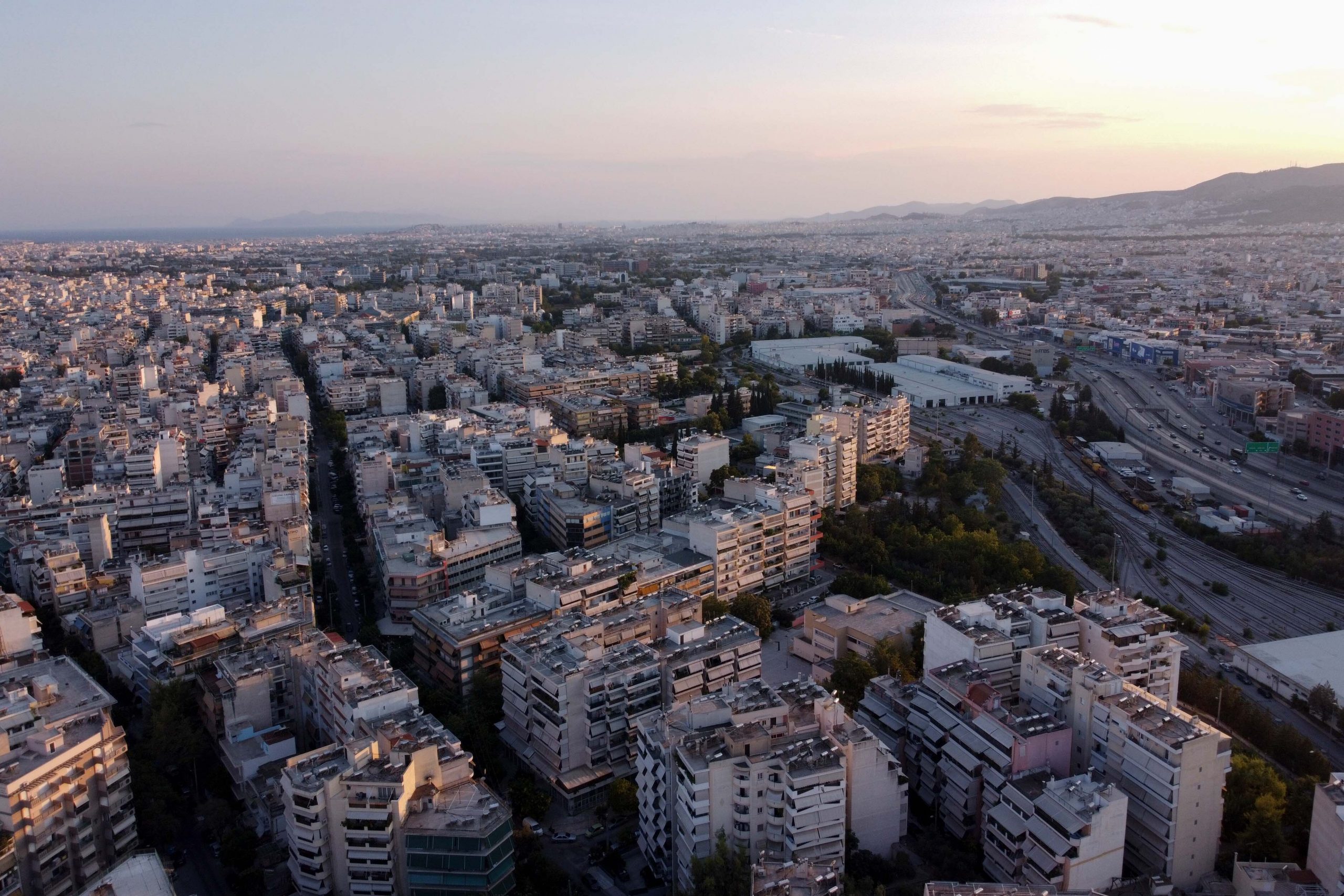
Athens Real Estate Agents React
Commenting on the news, the Athens-Attica Realtors Association expressed its opposition to the changes arguing that it will lead to the demise of the scheme and fail to address the housing problem in Athens, which they claim is not a result of the golden visa program. Instead, they propose introducing a property investment tax, along with a 3% transfer tax, which they say will boost revenue and keep the program competitive.
However, Hatzidakis stresses that the amendments are aimed at ensuring fair market conditions, protecting residents seeking long-term accommodation, lowering rents and property prices, and offering incentives so that abandoned buildings are restored and reintroduced into the market.
“Although the changes will become effective at the end of March, there will be a grace period enabling investors to qualify from the current lower investment thresholds until September. In the short term, many investors will rush to benefit from significantly reduced investment requirements 250,000 euros instead of 400,000 euros in some areas of Greece, and 500,000 euros instead of 800,000 euros in others. Post-September, we foresee clients opting for other programs such as Spain and Malta,” Christopher Willis, managing director of Latitude Consultancy, tells To Vima.
EU Wary of Golden Visa Schemes
Citing security issues, money laundering, tax evasion and corruption, EU lawmakers voted to restrict golden visa programs in 2022, urging the Commission to impose a tax on golden visas issued and to carry out stronger background checks on applicants until these schemes were phased out by 2025.
The aim, MEPs said, was to ensure investments made were transparent and actually flowed into the real economy.
Although the Commission confirmed that golden passport schemes raised more than 3.5 billion euros a year, they stressed that these were “objectionable ethically, legally and economically and pose several serious security risks”. According to Rapporteur Sophia in ‘t Veld, the programs serve shady individuals as a back door into the EU.
The EU’s residence by investment programs came under the scrutiny of the Commission again in 2018 and 2019.

